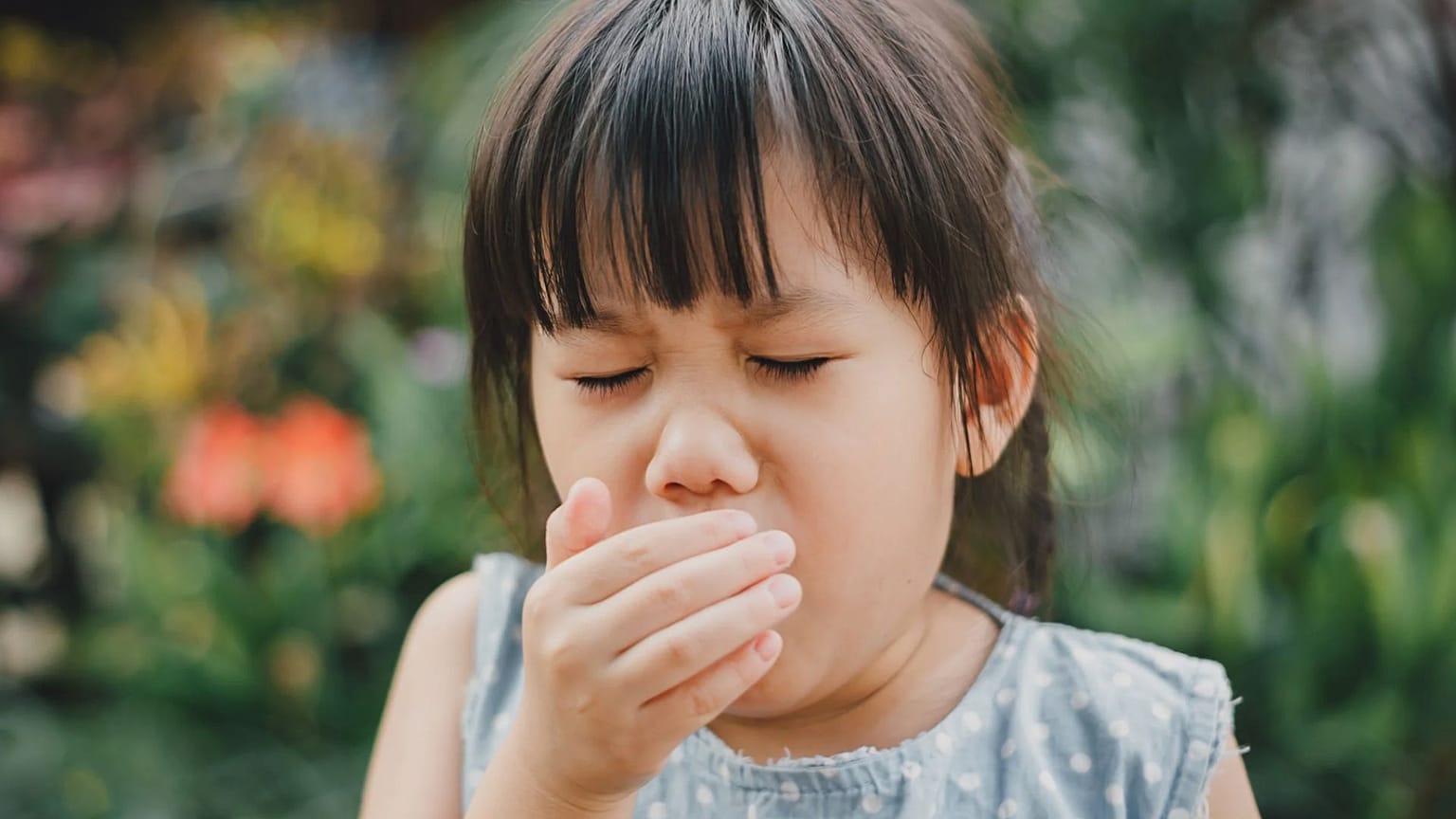Experts stress that maternal vaccination during pregnancy is the most effective way to protect newborns from whooping cough.
Whooping cough, or pertussis, is making an alarming return across Europe and the United States, with cases now exceeding pre-pandemic levels.
After several years of relatively low circulation during the COVID-19 pandemic, the highly contagious respiratory infection, sometimes called the “100-day cough”, is surging once again - and doctors warn that young infants are at the highest risk.
In adults and older children, pertussis can mean weeks or even months of relentless coughing fits. But for babies under two months old, who are too young to be vaccinated, the illness can be life-threatening.
The European Centre for Disease Prevention and Control (ECDC) reported more than 25,000 cases across the EU/EEA in 2023 and over 32,000 cases in just the first three months of 2024.
“Pertussis symptoms are different in infants,” said Dr Caitlin Li, an infectious-disease specialist at Ann & Robert H. Lurie Children’s Hospital of Chicago, in a special article published in Pediatrics. “The characteristic whooping cough may be absent, but apnea, or breathing interruption, is common”.
The illness in babies can also appear with very high white blood cell counts, known as leukocytosis, which can sometimes be mistaken for non-infectious conditions like cancer.
Why are cases of whooping cough rising?
One major reason for the rising number of cases is due to the post-pandemic rebound. During the COVID-19 pandemic, the widespread use of masks, school closures and restrictions on gatherings reduced the circulation of many respiratory infections, including pertussis.
Pertussis also follows natural epidemic cycles, with case numbers tending to rise every three to five years even in countries with high vaccine coverage.
Treatments and prevention for whooping cough
Because young babies are so vulnerable, experts stress that vaccination during pregnancy is essential. Antibodies passed from mother to child through the placenta provide crucial protection in the first weeks of life.
“Given that infants are at high risk for complications, pertussis vaccination of mothers during pregnancy is critical, as it protects newborns against this potentially fatal illness,” said Dr. Li. “Widespread vaccination is also an important tool to protect everyone”.
The US Centers for Disease Control and Prevention (CDC) recommends five childhood doses of the DTaP vaccine between two months and six years of age, plus a booster in adolescence.
But the most urgent step, the CDC emphasises, is universal maternal vaccination during each pregnancy, ideally between 27 and 36 weeks of gestation. This has been shown to be highly effective, with recent analyses suggesting maternal vaccination reduces the risk of severe pertussis in infants by up to 85 per cent.
In addition to routine infant vaccination and vaccinating pregnant women, WHO Europe recommends that people who contract whooping cough are treated quickly with antibiotics and do not come into contact with infants, young children, or pregnant women.
According to Public Health France, more than half of children infected with pertussis get it from one of their parents.


















